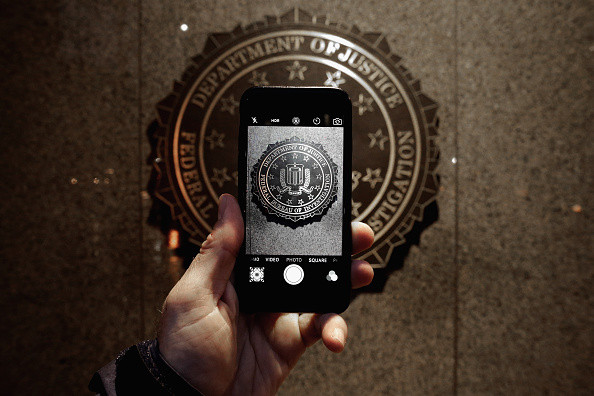FBI begins briefing US senators on how it hacked the San Bernardino killer's iPhone

The FBI has begun revealing its secrets on how it unlocked the San Bernardino killer's iPhone. After battling it out in the courts, the federal agency finally accessed the data from the killer's iPhone 5c, without Apple's assistance. Although the law enforcement agency has not disclosed the method by which it broke into the smartphone to Apple, it has not hesitated to share the same information with US senators.
The FBI has already shared the information with Senator Dianne Feinstein (D-CA) and is slated to brief Senator Richard Burr as well in the coming few days, according to a report by the National Journal. Both senators are currently believed to be working on introducing a new bill that proposes to reduce and limit the use of encryption in technological consumer products and services. The bill is slated to be made public soon. Both Feinstein and Burr are of the opinion that Apple should not be provided with the information pertaining to how the FBI accessed the San Bernardino killer's iPhone.
Feinstein told the National Journal: "I don't believe the government has any obligation to Apple. No company or individual is above the law, and I'm dismayed that anyone would refuse to help the government in a major terrorism investigation."
There is some uncertainty as to how a bill restricting encryption would be received by the public. Given Apple's victory against the FBI on its recent encryption battle, as well as the tech community's unanimous support for Apple, it is highly likely that the new bill will only add fuel to the raging fire on this particular debate. A Reuters report indicates that the White House will not be supporting the new bill. The FBI, however, recently offered to extend support to other local and state law enforcement agencies in helping them unlock iPhones.
Meanwhile, tech firms are hitting back by tightening encryption-related services. Facebook owned WhatsApp recently rolled out end-to-end encryption services, assuring its users that their privacy was priority. Following its victory against the FBI, Apple too promised its customers that it would continue to protect and enhance user privacy by making encryption a priority.
© Copyright IBTimes 2025. All rights reserved.






















